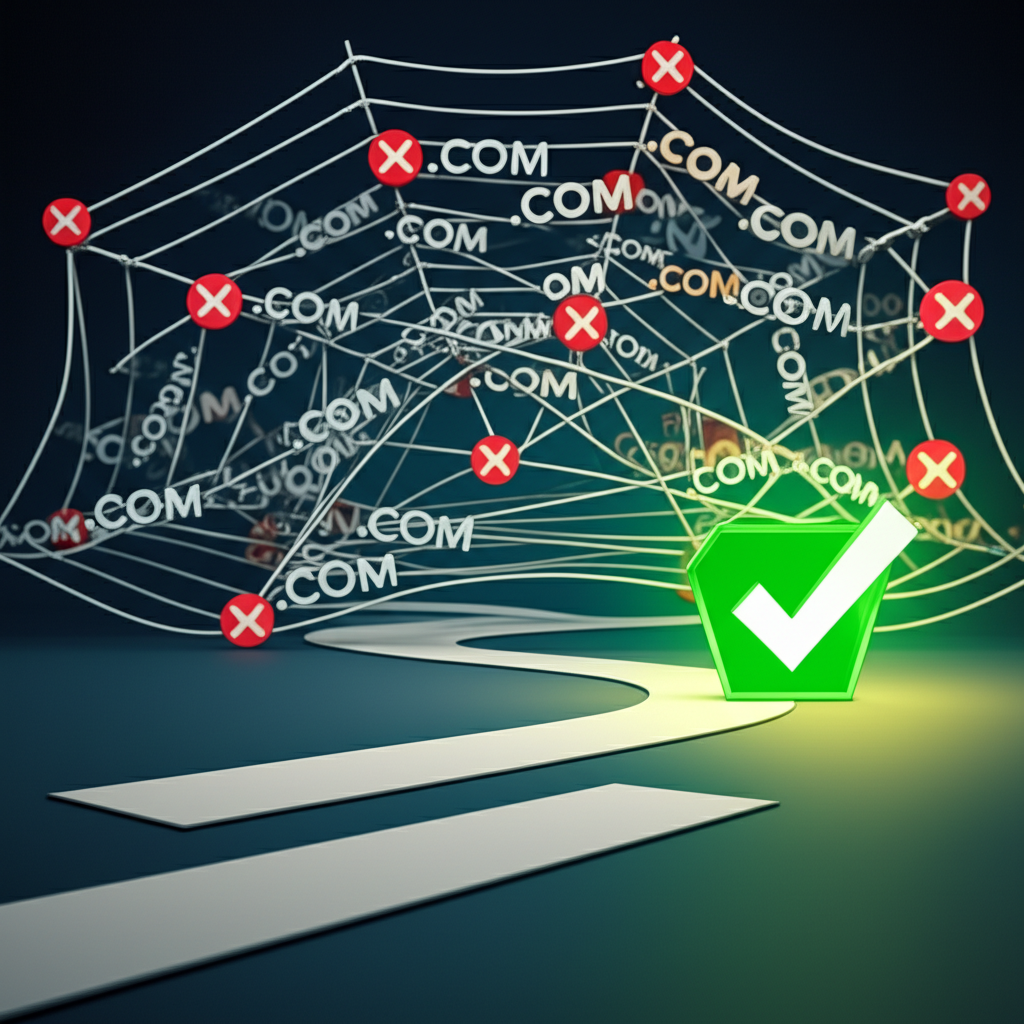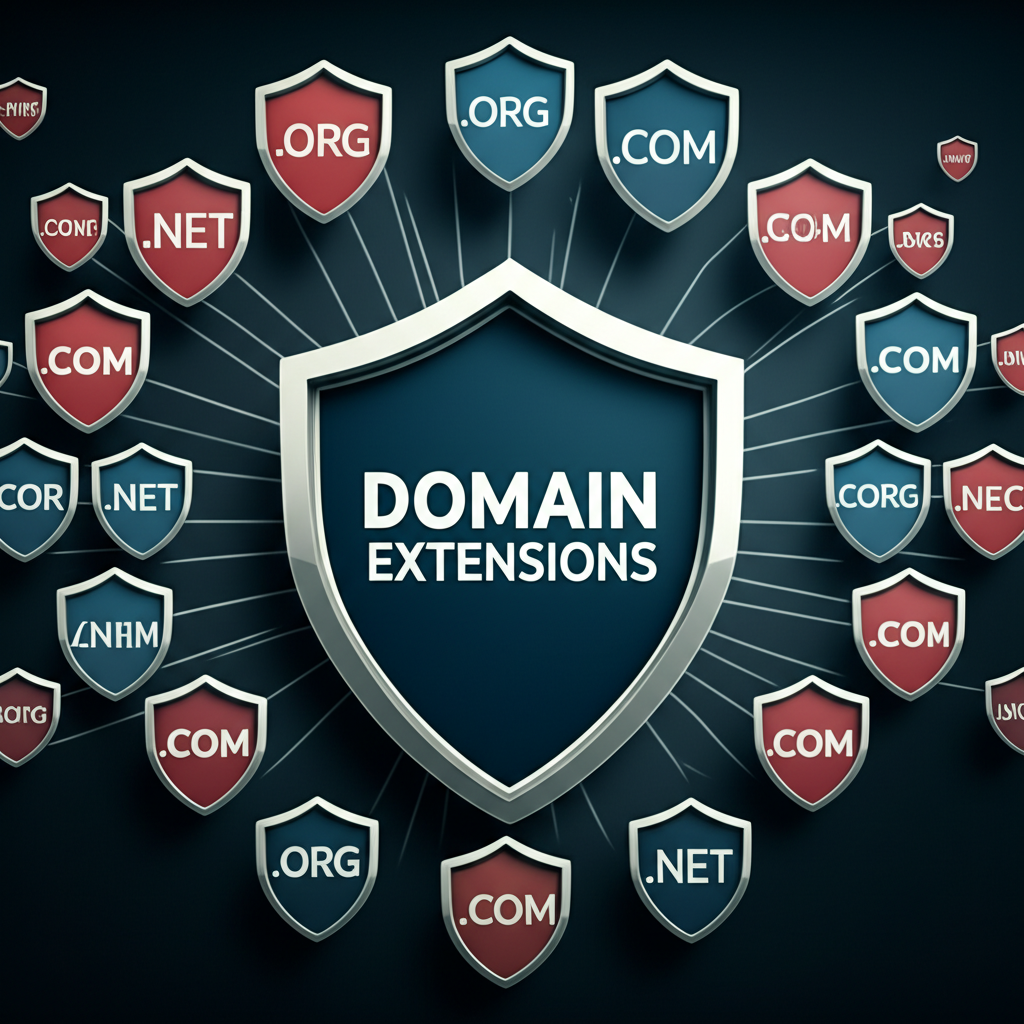- Common Domain Buying Mistakes to Steer Clear Of
- 1. Neglecting Keyword Research
- 2. Choosing the Wrong Domain Extension
- 3. Ignoring Trademark Infringement
- 4. Overlooking Domain History
- 5. Focusing on Short-Term Trends
- 6. Complicating Your Domain Name
- 7. Not Securing Domain Privacy Protection
- Avoiding Domain Buying Mistakes for Long-Term Success
Domain Buying Mistakes: 7 to Avoid for Best Results
Domain buying is a crucial first step for any online venture, from establishing a business website to launching a personal blog. Choosing the right domain name can significantly impact your online presence and future success. However, the process can be tricky, and many fall prey to common pitfalls that can lead to regret and lost opportunities. Avoiding these domain buying mistakes is essential for maximizing your investment and achieving the best results.
Common Domain Buying Mistakes to Steer Clear Of
Navigating the world of domain names can feel like a minefield. To help you make informed decisions and secure the perfect domain, we’ve compiled seven common domain buying mistakes you should avoid.
1. Neglecting Keyword Research
While exact-match domain names are no longer the SEO gold they once were, incorporating relevant keywords into your domain can still be beneficial. Failing to conduct proper keyword research means you could be missing out on valuable organic traffic. Understand the language your target audience uses when searching for products or services like yours. Integrate these keywords naturally, avoiding keyword stuffing, to improve your search visibility and attract the right visitors.
2. Choosing the Wrong Domain Extension
The domain extension, also known as the top-level domain (TLD), is the suffix at the end of your domain name (e.g., .com, .org, .net). Selecting the appropriate TLD is critical for establishing credibility and targeting the right audience. While .com remains the most popular and widely recognized, other extensions like .org for organizations and .net for network-related businesses can be more suitable depending on your purpose. Consider niche TLDs like .io for tech startups or .co for businesses, but be mindful of how these might be perceived by your target demographic.
3. Ignoring Trademark Infringement
Before settling on a domain name, conduct a thorough trademark search. Unintentionally infringing on an existing trademark can lead to legal battles and force you to relinquish your domain, potentially damaging your brand and wasting your investment. Check both national and international trademark databases to ensure your chosen domain doesn’t conflict with existing trademarks.
4. Overlooking Domain History
A domain’s history can impact its SEO performance. If a previously owned domain was penalized by search engines for spam or black-hat SEO practices, this negative history could carry over and affect your website’s ranking. Use tools like the Wayback Machine to check a domain’s past and ensure it has a clean record. Starting fresh with a new domain is often safer than inheriting someone else’s problems.
5. Focusing on Short-Term Trends
While it can be tempting to incorporate trendy keywords or slang into your domain name, resist the urge. Trends are fleeting, and what’s popular today might be outdated tomorrow. Opting for a timeless, easily recognizable domain name will provide greater longevity and ensure your online presence remains relevant for years to come.
6. Complicating Your Domain Name
Keep your domain name concise, easy to spell, and pronounceable. Avoid using hyphens, numbers, or complex character combinations that can make it difficult for users to remember or type correctly. A simple, memorable domain name is easier to share, promotes brand recognition, and reduces the risk of users landing on a competitor’s site due to typos.
7. Not Securing Domain Privacy Protection
When you register a domain, your personal contact information, including your name, address, and phone number, becomes publicly available in the WHOIS directory. This can expose you to spam, unwanted solicitations, and even identity theft. Investing in domain privacy protection shields your personal information, replacing it with the registrar’s details, safeguarding your privacy and peace of mind.
Avoiding Domain Buying Mistakes for Long-Term Success
By avoiding these common domain buying mistakes, you can secure a valuable online asset that strengthens your brand, improves your search visibility, and contributes to your long-term online success. Take your time, conduct thorough research, and choose wisely. Your domain name is a crucial investment in your online future – make sure it’s a good one.















Leave a Reply